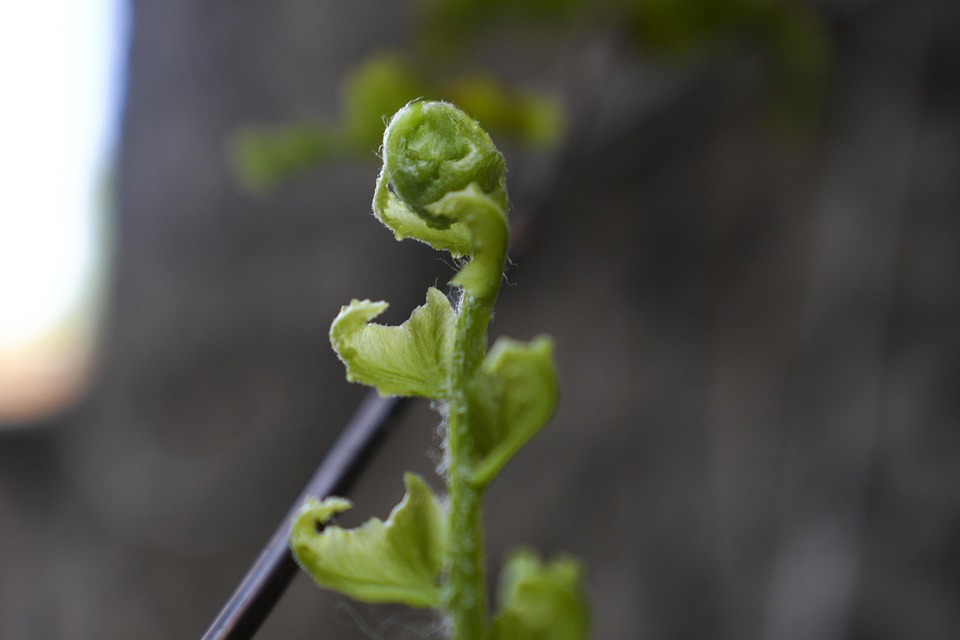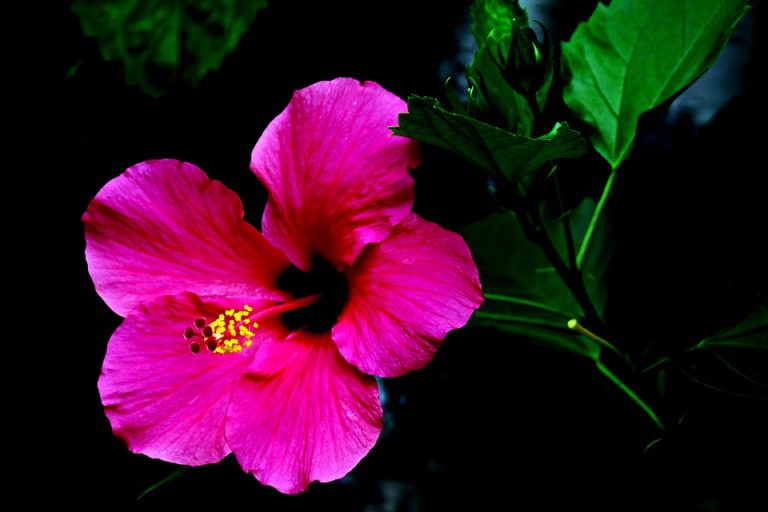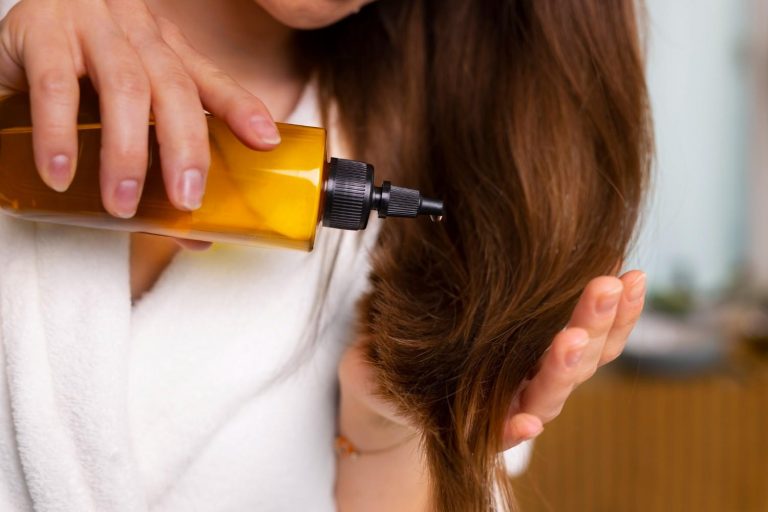Did you know that the secret to luscious locks may be sitting in your spice cabinet? While we often turn to shampoos, conditioners, and supplements for hair care, the power of natural spices can be overlooked. The right spices not only add flavor to your meals but can also nourish your hair from the inside out. Let’s dive into five incredible spices that may help boost your hair growth naturally!
Contents
1. Cinnamon: The Circulation Booster
Why Cinnamon?
Cinnamon isn’t just for your morning coffee or holiday baking. This warming spice has been celebrated for its potential health benefits, including improved blood circulation. When it comes to hair growth, better circulation means more nutrients reach your hair follicles, which can lead to healthier, stronger hair.
How to Use It
You can easily incorporate cinnamon into your diet by adding it to smoothies, oatmeal, or even savory dishes. But for topical use, consider mixing cinnamon powder with a carrier oil (like coconut oil) to create a stimulating hair mask. Apply it to your scalp, let it sit for about 30 minutes, and then rinse thoroughly.
Pros and Cons
Pros:
- Improves blood circulation.
- Antimicrobial properties can help keep the scalp healthy.
Cons:
- Some people may experience irritation; always do a patch test before extensive use.
Personal Note
I’ve noticed that when I include cinnamon in my meals, I feel warmer and more energized. That same warmth could be what your scalp needs to stimulate growth!
2. Ginger: The Anti-Inflammatory Hero
Why Ginger?
Ginger is well-known for its anti-inflammatory properties, making it an excellent choice for scalp health. Inflammation can lead to hair loss, and ginger might help combat that. It also contains essential nutrients that can nourish the hair follicles.
How to Use It
You can consume ginger as a tea or in dishes, but for direct benefits, try creating a ginger-infused oil. Simply chop fresh ginger and simmer it in a carrier oil for about 30 minutes. Once cooled, strain and apply the oil to your scalp.
Pros and Cons
Pros:
- Anti-inflammatory and antioxidant properties.
- May improve scalp circulation.
Cons:
- Some may find the taste overwhelming; moderation is key.
Real Talk
I love a good ginger tea, especially when I’m feeling under the weather. Who knew it could also work wonders for my hair?
3. Rosemary: The Follicle Friend
Why Rosemary?
If you’re looking for something that’s been backed by research, rosemary is your spice! A study published in the journal Skinmed found that rosemary oil was as effective as minoxidil (a common hair growth treatment) in promoting hair growth in individuals with androgenetic alopecia.
How to Use It
You can either use rosemary essential oil mixed with a carrier oil for scalp massages or brew rosemary tea and use it as a hair rinse after shampooing.
Pros and Cons
Pros:
- Backed by research for effectiveness.
- Aromatic and pleasant to use.
Cons:
- Essential oils should always be diluted to prevent irritation.
A Little Insight
I’ve tried rosemary oil in my hair care routine, and the scent is just divine! Plus, knowing it’s backed by studies gives me confidence in its effectiveness.
4. Fenugreek: The Nutrient Powerhouse
Why Fenugreek?
Fenugreek seeds are packed with protein and nicotinic acid, which are essential for hair growth. They also contain antioxidants and have anti-fungal properties, making them great for scalp health.
How to Use It
Soak fenugreek seeds overnight, then blend them with water to form a paste. Apply this paste to your scalp and hair, leave it on for about 30 minutes, and rinse.
Pros and Cons
Pros:
- Rich in nutrients that promote hair growth.
- Can help with dandruff and scalp issues.
Cons:
- The smell can be strong and may not be appealing to everyone.
My Experience
I remember the first time I used fenugreek paste; I was skeptical about the smell. But the results were worth it—my hair felt softer and looked shinier!
5. Black Seed (Nigella Sativa): The Ancient Remedy
Why Black Seed?
Black seed oil has been used for centuries for its medicinal properties. It’s rich in thymoquinone, which has antioxidant and anti-inflammatory effects. This can help to strengthen hair and promote growth.
How to Use It
You can take black seed oil as a supplement or apply it directly to your scalp. Mixing it with a carrier oil can enhance its absorption.
Pros and Cons
Pros:
- Rich in nutrients beneficial for hair health.
- Historically used for various health benefits.
Cons:
- Some may experience digestive upset when taken in large amounts.
Just a Thought
I’ve found that incorporating black seed oil into my routine has been a game-changer. It’s fascinating how this ancient remedy continues to stand the test of time!
FAQs
1. Can these spices really help with hair growth?
While there’s no magic bullet for hair growth, many spices have properties that can promote a healthy scalp and hair follicles, potentially leading to enhanced growth.
2. How often should I use these spices?
For topical applications, 1-2 times a week is usually sufficient. For dietary inclusion, feel free to add them to your meals regularly.
3. Are there any side effects?
Most spices are safe for most people, but always perform a patch test for topical applications. If you experience irritation or an allergic reaction, discontinue use immediately.
4. Do I need to combine these spices for the best results?
While combining spices can enhance benefits, you can also choose to focus on one at a time to see how your hair and scalp respond.
Conclusion
The journey to healthier hair can be both an art and a science, and incorporating these natural spices into your routine may just be the boost you need. Whether you prefer to consume them or apply them topically, the potential benefits are worth exploring. Remember, results can vary, and it’s essential to approach hair care holistically—considering diet, lifestyle, and overall health.
As with any health-related endeavor, it’s wise to consult a healthcare provider before making significant changes to your routine. Happy hair growing!
References
- Panahi, Y., et al. (2015). “The efficacy of Nigella sativa oil on hair loss: A randomized controlled trial.” Skinmed. Retrieved from https://www.skinmedjournal.com
- Nascimento, D. S., et al. (2017). “Cinnamon and its derivatives: A review on their health effects.” Journal of Nutrition and Metabolism. Retrieved from https://www.hindawi.com
- Ghosh, S., et al. (2018). “Ginger: A comprehensive review of its effects on human health.” Journal of Ethnopharmacology. Retrieved from https://www.sciencedirect.com
This article is for educational purposes only and is not a substitute for professional medical advice. Always consult a qualified healthcare provider before making changes to your health routine.
Get Your FREE Natural Health Guide!
Subscribe now and receive our exclusive ebook packed with natural health tips, practical wellness advice, and easy lifestyle changes, delivered straight to your inbox.




